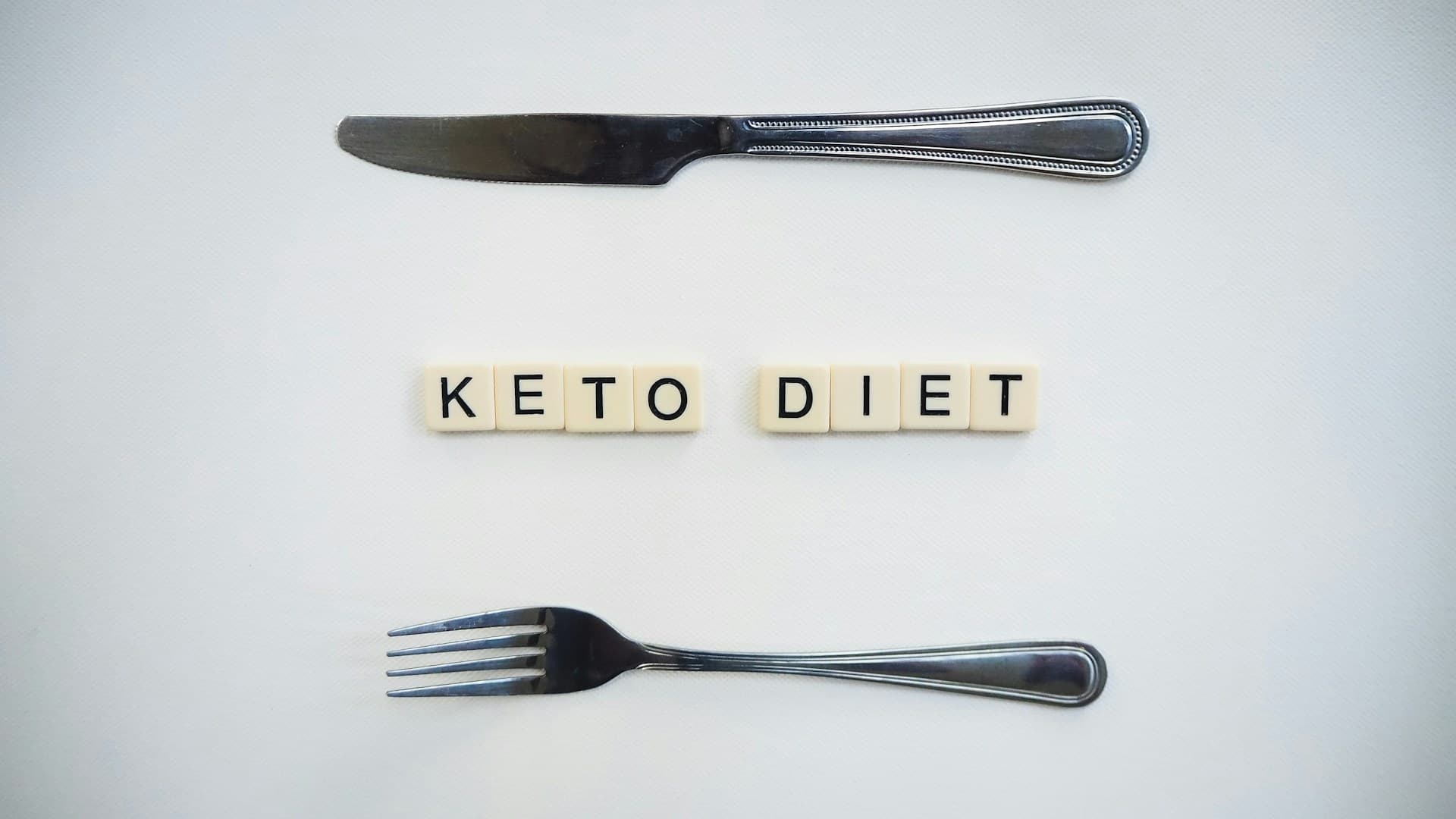A Case for Supplements — Take It with a Grain of Salt

Why even industry-funded research can teach us something about modern nutrition — if we know how to read it.
Sometimes, a self-serving interest of the private sector can benefit us after all.
A recent study in Frontiers in Nutrition has brought renewed attention to a neglected topic in modern nutrition: micronutrient deficiency [1]. The paper, “Micronutrient Inadequacy in Europe: The Overlooked Role of Food Supplements in Health Resilience,” argues that even in high-income countries, many people aren’t meeting their daily needs for essential vitamins and minerals — and that supplements may be a more vital tool for closing that gap than most public-health policy allows.
Now, let’s be honest. This study was funded by Food Supplements Europe (FSE), and several authors have ties to corporate giants like Bayer, Nestlé, and Amway [1]. That’s not a casual disclaimer — it’s the whole context. But here’s the paradox: every so often, industry-funded research points to a real problem. The messenger may be biased, but the message still deserves attention.
Why This Matters — and Why It’s Not Just About Pills
The findings highlight a quiet truth that affects every one of us: our food simply isn’t what it used to be.
Coverage of the study in NutraIngredients-USA described Europe’s “invisible epidemic” — a slow, widespread decline in micronutrient intake driven by both environmental and lifestyle factors [2]. Years of intensive farming, over-reliance on synthetic fertilizers, and soil depletion have reduced the natural mineral content of our crops [4]. Add rising CO₂ levels — which speed up plant growth but dilute nutrient concentration — and you get what scientists call nutrient dilution [5]. Plants may look more abundant, but they’re less nourishing than they were a century ago.
This isn’t just a farming problem; it’s a food-security issue. As ecosystems weaken and biodiversity declines, so does the nutritional density of the food on your plate. Even the most diligent eater can struggle to meet optimal nutrient levels from food alone — especially in modern diets shaped by convenience, limited crop diversity, and seasonal access.
That’s why supplements, for all their marketing baggage, can sometimes be a practical safeguard in a world where the baseline is shifting.
A Little Help for Imperfect Diets
In Life in Every Bite [3], I describe supplements as a form of nutritional insurance. They’re not replacements for a whole-food diet — they’re protection against its modern vulnerabilities.
If you eat a wide variety of fresh, plant-based foods every day, you may not need a supplement. But most people don’t eat that way consistently. Busy schedules, limited produce availability, and environmental changes mean that even the best intentions can fall short.
A daily multivitamin, taken thoughtfully, can help cover small but meaningful nutritional gaps — particularly for those who:
- Eat seasonally and experience limited produce diversity during winter months.
- Follow restricted or convenience-heavy diets.
- Live in areas with depleted or heavily farmed soils.
- Are recovering from illness, pregnancy, or periods of poor appetite.
The point isn’t to depend on pills — it’s to recognize that modern food systems sometimes make nutritional perfection impossible. In that context, a well-formulated supplement can offer peace of mind and an added layer of protection.
Beyond the Buzzwords: Doing It Right
Not all supplements are created equal — and this is where knowledge becomes your greatest defense.
Safety first. Unlike whole foods, supplements supply nutrients in concentrated and often unbalanced form. Even something as innocent-looking as a gummy vitamin can become harmful when overused. Without the natural buffering and synergy of whole foods, certain nutrients are absorbed more rapidly — and can more easily exceed safe levels. Fat-soluble vitamins such as A, D, E, and K are especially prone to build up in body tissues, making overdosing a real risk. Stick to recommended doses and treat these nutrients with the same respect you would give to any other pharmaceuticals.
Quality matters. The chemical form of a nutrient affects how well your body absorbs and tolerates it. For example, calcium citrate is generally absorbed more easily and causes fewer digestive issues than calcium carbonate, while magnesium glycinate is often better tolerated than the less absorbable magnesium oxide. Always check the specific form and dosage, not just the nutrient name on the label.
Regulation is minimal. Unlike pharmaceuticals, supplements in most countries don’t require pre-market approval. Quality control often depends on voluntary testing or brand reputation. Look for third-party certifications (like NSF, USP, or ConsumerLab) to ensure purity and potency.
Synergy and timing count. Some nutrients work better together — vitamin C enhances iron absorption; fats improve vitamin D uptake. Others compete, such as calcium and zinc, which can inhibit each other if taken simultaneously. If you’re using multiple supplements, space them out through the day to maximize absorption, and take them with meals to aid digestion and bioavailability.
The Bigger Picture: Food First, Always
Even with all the evidence in favor of supplementation, one truth stands firm: no capsule can replace a balanced, whole-food diet.
Multivitamins can help fill the cracks, but they don’t rebuild the foundation. The foundation still lies in plants — rich in fiber, antioxidants, and phytonutrients that no supplement can replicate.
And if you do choose to supplement, do it with awareness. Ask yourself:
- Am I using this to complement my diet or to compensate for it?
- Do I know the quality and form of what I’m taking?
- Am I mindful of dose, timing, and interactions?
If the answer to these is yes, then supplements can be a smart and strategic ally.
Truth in an Unlikely Place
The Frontiers study might be industry-funded, but its core message shouldn’t be ignored: micronutrient decline is real, and the challenges of modern eating make it harder than ever to stay fully nourished. Environmental stress, soil depletion, and oxidative strain from high-meat diets [6] all heighten our need for nutrient resilience.
So yes — take this study with a grain of salt. But also take a moment to reflect on how your diet and environment shape your nutrient needs.
Sometimes, the best response to biased science isn’t dismissal — it’s discernment.
Because when you understand both the message and the motive, you can extract the truth, apply it wisely, and make choices that serve you, not the industry.
References
[1] Samantha Christie, David Crooks, Rowena Thomson-Selibowitz, Ashley Green-Woolard, and Konstantinos Mantantzis. “Micronutrient Inadequacy in Europe: The Overlooked Role of Food Supplements in Health Resilience.” Frontiers in Nutrition 12 (September 24, 2025). https://doi.org/10.3389/fnut.2025.1686365.
[2] Lauren Nicolle. “Micronutrient Deficiencies: Europe’s Invisible Epidemic?” NutraIngredients-USA, September 30, 2025. https://www.nutraingredients-usa.com/Article/2025/09/30/micronutrient-deficiencies-europes-invisible-epidemic.
[3] Gana Djurica. Life in Every Bite: Exploring the Science of Healthy Eating. (BookBaby, 2025).
[4] Shukla, A., S. K. Behera, A. Pakhre, and S. Chaudhary. Micronutrients in Soils, Plants, Animals and Humans. 2018. https://www.researchgate.net/profile/Arvind-Shukla-8/publication/324497356_Micronutrients_in_soils_plants_animals_and_humans.
[5] Kaspari, M., and E. A. R. Welti. “Nutrient Dilution and the Future of Herbivore Populations.” Trends in Ecology & Evolution 39, no. 9 (2024): 809–820. https://doi.org/10.1016/j.tree.2024.05.001.
[6] Macho-González, A., A. Garcimartín, M. E. López-Oliva, et al. “Can Meat and Meat-Products Induce Oxidative Stress?” Antioxidants 9, no. 7 (2020): 638. https://doi.org/10.3390/antiox9070638.
Keep Reading

Burnout: The Fall of the Keto Era
The keto craze promised easy weight loss and indulgence but delivered bad breath, high cholesterol, and burnout. As it fades, real health is finding its way back to plants, balance, and common sense.

The Climate Bomb No One Talks About: Meat
Our world burns while leaders stay silent. The truth? Meat is driving the climate crisis. Eating less meat—and more plants—could save lives and our future.

From Peer Review to Public Relations — The Death of Real Science
When food companies shape the science, truth gets rewritten. This exposé unpacks how research is spun into marketing—and why public health is left behind.

Complete Protein, Incomplete Truth: Why “Protein Quality” is a Myth
“Complete” protein doesn’t always mean healthy. Here’s why growth-based scoring systems distort what really matters: long-term human health.